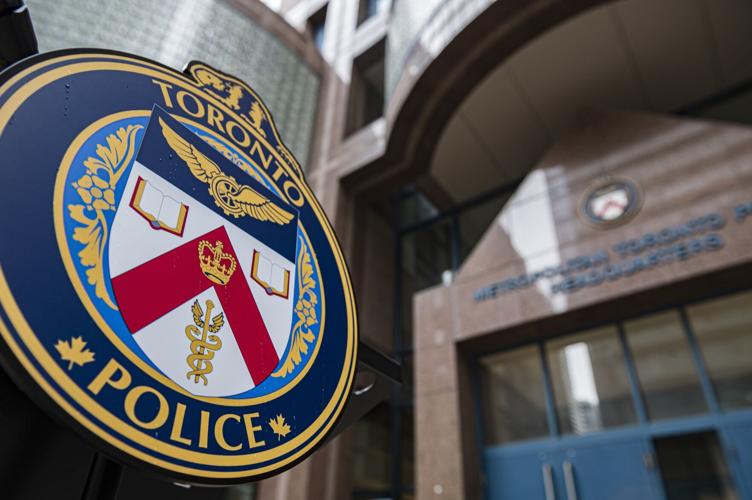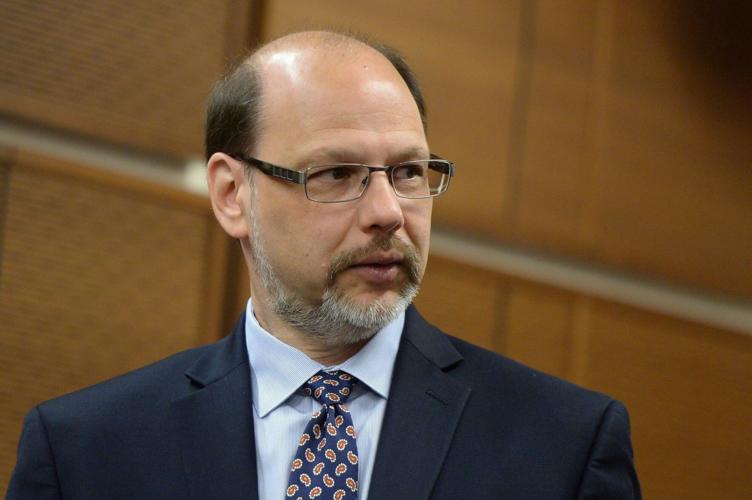Eight months after the Ford government imposed deeper background checks for people who work with vulnerable children, some police forces across the province are refusing to issue them, saying the changes raise privacy concerns and may contradict existing laws. 
The new requirement is also causing widespread confusion at child welfare agencies and organizations that provide services to children and youth, including group homes and foster care providers. It has delayed adoptions for some families, leaving children stranded in the care of childrenÔÇÖs aid societies.
Police services in Ontario say they were not consulted on the legislative changes, which came into force on Jan. 1.
The law now requires anyone working with kids under the Child, Youth and Family Services Act to obtain a broad record check┬áÔÇö a more extensive background search than previously mandated. Under the new check, law enforcement agencies must disclose ÔÇťevery contact between the person and a police service for which there is a written record,ÔÇŁ which could include mental health crisis calls and non-criminal police encounters, such as noise complaints or 911 calls by victims of domestic violence.
Internal government memos reviewed by the Star and interviews with more than a dozen child welfare leaders, police officers, program operators and families pursuing adoption paint a picture of a haphazard rollout and a system that wasnÔÇÖt prepared to implement the police check.
Some police services, including ╔ź╔ź└▓ and Ottawa, are declining to issue the broad record checks while they seek guidance from police advocacy groups and legal advisers.
The Ontario Association of Chiefs of Police, which represents the provinceÔÇÖs police leaders, was not consulted on the changes before they came into force, a spokesperson told the Star. Jos├ę Lu├şs Couto said police services have had concerns with how the new provisions may be in conflict with federal legislation, including the Criminal Records Act.┬á
Couto said guidelines, developed with police legal advisers and experts on record checks, were sent Friday to police forces to help them develop their own policies and procedures around broad record checks. The association could not say how many police services in Ontario were not issuing broad record checks.
In a statement, a spokesperson for the Ministry of the Solicitor General contradicted law enforcement agencies, saying the government did consult with police and the child welfare sector prior to making the change. The consultations included ÔÇťtwo dedicated information sessions for police servicesÔÇŁ and information in an all-chiefs memo, Maher Abdurahman said, adding the legislation making the change was passed unanimously.┬á
Abdurahman said the broad background search, now required ÔÇťfor those seeking employment, caregiving or volunteer roles involving direct trust or authorityÔÇŁ over children and youth under the Child, Youth and Family Services Act or the Intercountry Adoption Act, is ÔÇťnot a new type of police record check.ÔÇŁ
But this clashes with the internal messaging of the provincial ministry that requires the broad checks under the legislative change. In documents reviewed by the Star, the ministry of children, community and social services describes them as ÔÇťnew police record check requirements.ÔÇŁ That ministry did not respond to questions for this story.
ChildrenÔÇÖs aid societies have housed hundreds of kids, including many with mental health
Under the updated legislation, all interactions with police must be disclosed unless the information is ÔÇťnot relevant to the personÔÇÖs suitability to perform caregiving duties for a childÔÇŁ┬áÔÇö a clause that leaves it up to individual police forces to decide what information to release, leaving room for inconsistent interpretation across the province.
Robert Lefebvre, who administers the background check unit at the Ottawa Police Service, said the new legislative requirements came as a surprise to him and most police forces in Ontario and seemed to be in conflict with the Police Record Checks Reform Act, which prevents police from disclosing mental health-related encounters and some other types of interactions with law enforcement that did not result in a criminal charge.
After reviewing the updated legislation, LefebvreÔÇÖs office advised the local CAS and provincial government representatives that it would not be accepting applications while the office consulted with legal advisers and the police chiefs association.
ÔÇťWeÔÇÖre committed to ensuring the process is interpreted correctly ÔÇö not just from a policing perspective, but in a manner that maintains public trust, protects individual rights and preserves the integrity of OntarioÔÇÖs background screening process,ÔÇŁ Lefebvre said.
╔ź╔ź└▓ police spokesperson Stephanie Sayers confirmed the force is accepting applications for broad record checks but is not completing them yet. ÔÇťThere is a need for greater clarity and guidance on the criteria we are now expected to apply,ÔÇŁ she said.
For Elaine, a prospective adoptive parent in southern Ontario,┬áthe rollout of the new legislation threatened her adoption of two siblings through CAS after her hometown police service said it was not issuing broad record checks while awaiting guidance. To comply with privacy laws, the Star is using Elaine’s middle name and withholding identifying details.
ÔÇťI was told I couldnÔÇÖt move forward without it,ÔÇŁ she said. ÔÇťWhat was I going to say to these two kids?ÔÇŁ
CAS notified Elaine of the siblings last September, she met them in April and in May they had overnight visits at her home. In June, one week before the siblings were to be permanently placed in her care, Elaine said the CAS legal department revoked her overnight visits because she did not have a broad record check. The siblings were only allowed day visits and remained in foster care, which Elaine said created further confusion and trauma for the children.
Elaine said she refused to accept the delay and lobbied her local MPP and Michael Parsa, the minister of children, community and social services, for help. She said both officials stepped in and the CAS has now accepted a vulnerable sector check┬áÔÇö the background search previously mandated by the government.
While she understands the goal of the new safety check, Elaine said she is angry the confusion around its implementation is hindering adoptions.
ÔÇťWhy have this check if you canÔÇÖt get it done?ÔÇŁ she said. ÔÇťItÔÇÖs hurting children looking for a place to call home.ÔÇŁ
The Ontario Provincial Police is among the forces that is issuing broad record checks, saying in a statement that it began processing them on Jan. 1,┬áÔÇťwith mandatory fingerprinting.ÔÇŁ OPP spokesperson Gosia Puzio┬ásaid a broad record check is a term introduced by the government┬áand it’s exempt from the Police Record Checks Reform Act.
Puzio said the OPP has had challenges with the rollout of broad record checks, such as having to conduct more complex reviews, manage a high volume of requests and address delays when co-ordinating with other police services.
A January┬ámemo from the Ontario Association of ChildrenÔÇÖs Aid Societies, which represents most of the provinceÔÇÖs child welfare agencies, says the record check could conflict with human rights and privacy laws, and that the government did not give direction on how to handle or store the personal information obtained. The memo, obtained by the Star, says the government did not provide clarity on how to factor the information received through a broad record check into hiring decisions.
The OACAS did not respond to questions for this story.

ÔÇťThe fact that somebody may have been subject to an intervention under the Mental Health Act should not automatically become a barrier to employment,ÔÇŁ said Howard Sapers, executive director of the Canadian Civil Liberties Association.
Sean Kilpatrick/The Canadian Press file photoHoward Sapers, executive director of the Canadian Civil Liberties Association, said there is no evidence to support the need for a deeper police background check, especially the inclusion of an individualÔÇÖs interaction with police under the Mental Health Act. He said the disclosure of personal health information opens the door to discrimination.
ÔÇťThe fact that somebody may have been subject to an intervention under the Mental Health Act should not automatically become a barrier to employment,ÔÇŁ Sapers said.
ItÔÇÖs also unclear whether organizations and employers would have appropriate policies and secure systems to collect, store and use information disclosed in a broad record check, Sapers said. These guardrails must be in place, he said, to make sure that the collected information is not misused, and that it doesnÔÇÖt result in discrimination.
























To join the conversation set a first and last name in your user profile.
Sign in or register for free to join the Conversation